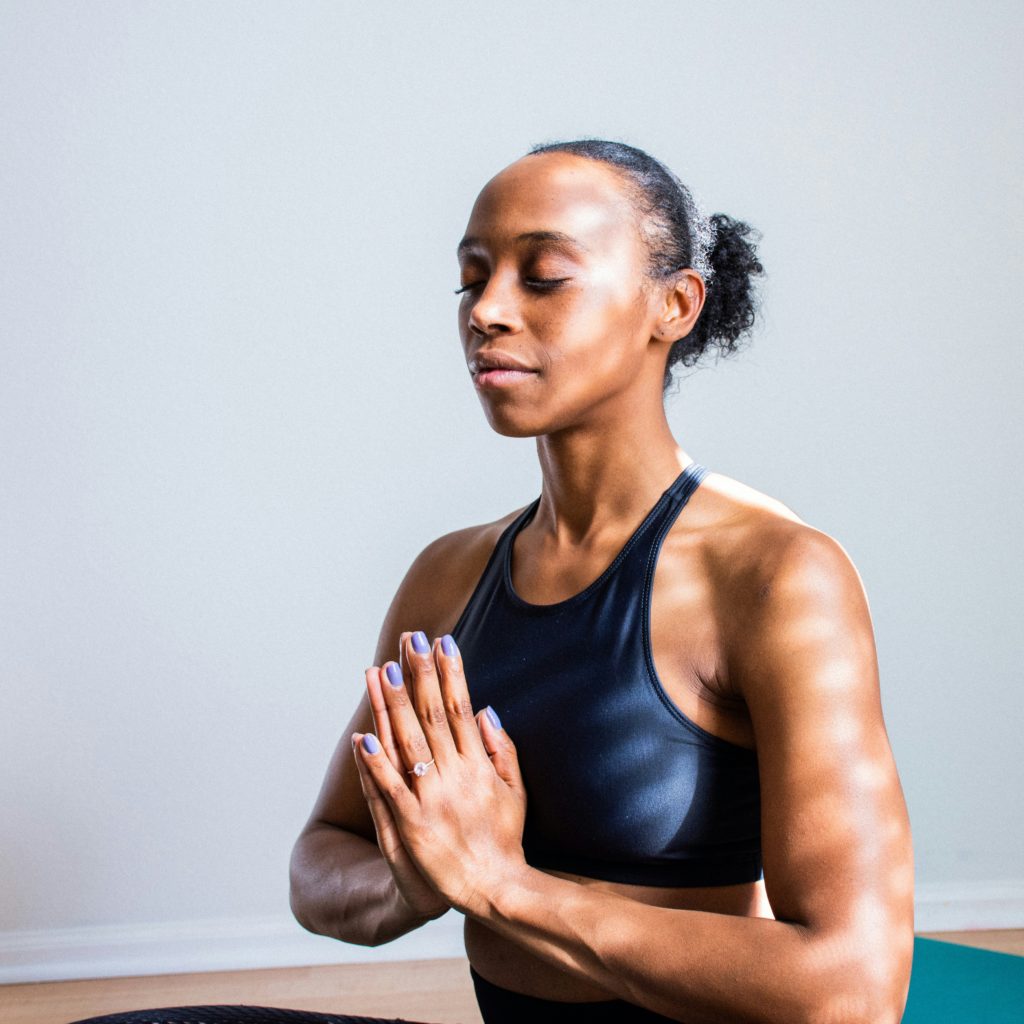
The Art of Self-Care: Balancing Your Wellbeing as a Private Practitioner
As a healthcare provider in private practice, your commitment to the well-being of your clients is commendable, but it’s equally vital to prioritize your own mental and emotional health. The […]
As a healthcare provider in private practice, your commitment to the well-being of your clients is commendable, but it’s equally vital to prioritize your own mental and emotional health. The demands of running a private practice can be intense, making self-care not just a luxury but a necessity for sustained success and personal fulfillment. In this guide, we’ll explore the art of self-care, offering strategies for healthcare providers to maintain a healthy balance between professional responsibilities and personal well-being.
1. Recognizing the Importance of Self-Care:
Benefits of Practitioner Self-Care:
- Prevention of Burnout: Avoid physical and emotional exhaustion through self-care practices.
- Enhanced Resilience: Develop the capacity to navigate stress and challenges with greater resilience.
- Improved Client Care: A practitioner in optimal health can provide better quality care to clients.
2. Establishing Boundaries Between Work and Personal Life:
Create clear boundaries between your work and personal life to prevent the spill-over of professional stress into your personal space. Designate specific times for work-related activities and prioritize personal time for relaxation and rejuvenation.
- Boundary-Setting Strategies:
- Define Work Hours and Stick to Them
- Create a Dedicated Workspace for Professional Activities
- Establish Guidelines for Emergency Situations Outside of Office Hours
3. Prioritizing Regular Breaks and Vacations:
Incorporate regular breaks and vacations into your schedule to recharge and prevent burnout. Taking time away from work allows you to return with renewed energy and a fresh perspective.
- Break and Vacation Tips:
- Schedule Short Breaks Between Client Sessions
- Plan Annual Vacations to Fully Disconnect
- Communicate Vacation Plans Clearly with Clients
4. Engaging in Physical Activity:
Prioritize physical activity as a means of both stress relief and overall well-being. Regular exercise has been shown to reduce stress, improve mood, and enhance cognitive function.
- Physical Activity Ideas:
- Choose Activities You Enjoy (e.g., Yoga, Running, Swimming)
- Incorporate Movement into Your Daily Routine
- Consider Outdoor Exercise for Added Mental Health Benefits
5. Cultivating Mindfulness and Relaxation Practices:
Incorporate mindfulness and relaxation techniques into your daily routine to manage stress and promote mental well-being. Practices such as meditation, deep breathing, and progressive muscle relaxation can be powerful tools.
- Mindfulness Strategies:
- Dedicate Time for Daily Meditation or Mindfulness Sessions
- Practice Deep Breathing Exercises Between Sessions
- Consider Joining Mindfulness Groups or Classes
6. Nurturing Hobbies and Personal Interests:
Maintain a connection with your passions and interests outside of your professional life. Engaging in hobbies provides a valuable outlet for creativity and relaxation.
- Hobby-Nurturing Tips:
- Set Aside Dedicated Time for Hobbies
- Explore New Hobbies to Spark Creativity
- Connect with Local Hobby Groups or Communities
7. Building a Support Network:
Foster connections with colleagues, friends, and mentors who understand the unique challenges of your profession. A strong support network provides emotional support and a platform for sharing experiences.
- Support Network Building Strategies:
- Attend Professional Networking Events
- Join Support Groups for Healthcare Providers
- Cultivate Personal Relationships Outside of the Professional Sphere
8. Prioritizing Quality Sleep:
Ensure adequate and quality sleep as an essential component of self-care. Sleep plays a critical role in cognitive function, emotional regulation, and overall physical health.
- Sleep Hygiene Practices:
- Establish a Consistent Sleep Schedule
- Create a Relaxing Bedtime Routine
- Minimize Screen Time Before Bed
9. Seeking Professional Supervision or Consultation:
Engage in regular supervision or consultation with a professional colleague or mentor. Discussing challenging cases and seeking guidance can provide valuable insights and emotional support.
- Professional Supervision Tips:
- Schedule Regular Supervision and/or Consultation Sessions
- Be Open to Seeking Consultation on Challenging Cases
- Participate in Peer Supervision Groups or Forums
10. Continuing Education and Professional Development:
Invest time in ongoing professional development to stay engaged and invigorated in your field. Attending workshops, conferences, or pursuing additional certifications can contribute to a sense of professional growth.
- Professional Development Strategies:
- Identify Areas of Interest for Continued Learning
- Attend Conferences or Webinars Regularly
- Join Professional Development Groups or Networks
Conclusion:
The art of self-care is a continuous and intentional practice that requires dedication and self-awareness. By recognizing the importance of self-care, establishing boundaries, prioritizing breaks and vacations, engaging in physical activity, cultivating mindfulness, nurturing hobbies, building a support network, prioritizing sleep, seeking professional supervision, and investing in ongoing professional development, healthcare providers can achieve a harmonious balance between their professional responsibilities and personal well-being. In doing so, they not only safeguard their own mental and emotional health but also enhance their capacity to provide quality care to their clients.
Photo by madison lavern on Unsplash
Written by AI & Reviewed by Clinical Psychologist: Yoendry Torres, Psy.D.
Disclaimer: Please note that some blog posts may contain affiliate links and Sana Network will earn a commission if you purchase through those links at no additional cost to you. We use all of the products listed and recommend them because they are companies or products that I have found helpful and trustworthy. Our website is supported by our users.
